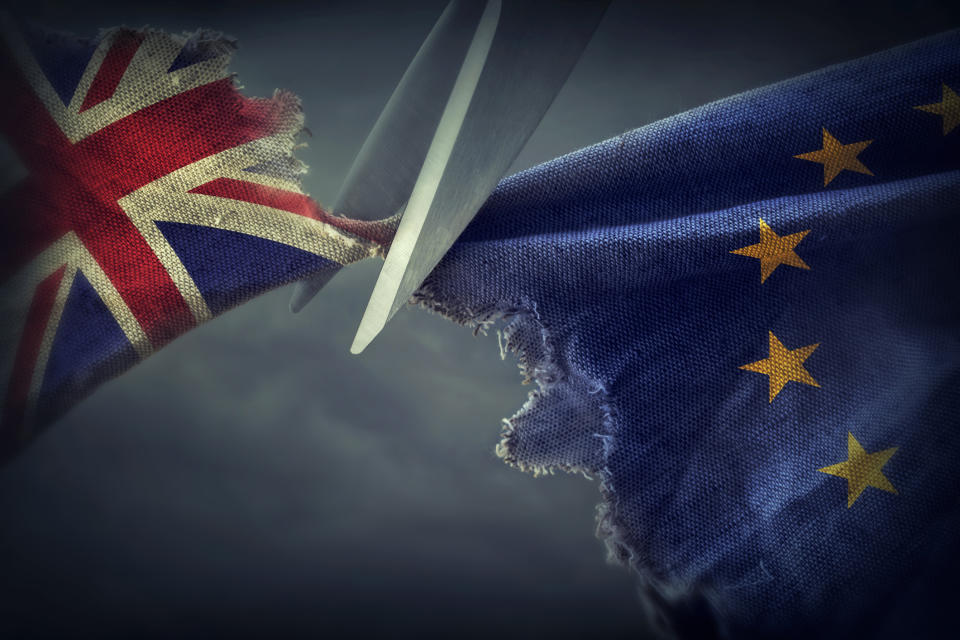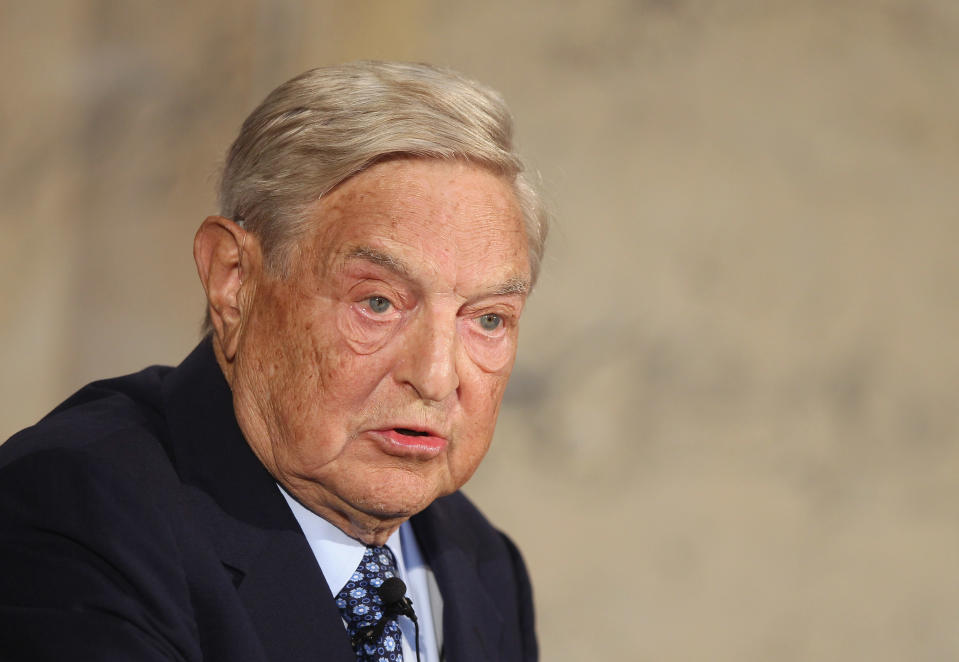David Buik: Leaving the ERM was a blessing in disguise for UK

Whatever anyone tells us to the contrary, the UK’s relationship with the EU has always been an uneasy one.
Ever since Charles de Gaulle refused our entry in 1963, many believed that his mistrust of Churchill and the fact that the UK and the US helped to liberate France, stuck in his crawl. Consequently, as the most powerful voice in Europe at that time, de Gaulle was never that comfortable with his nearest neighbours and was thus happy to isolate the U.K. Nor, for that matter was Germany, which had recovered brilliantly after 1945 thanks to ingenuity, a brilliant work ethic and no defence budget to speak of.
MORE: How to profit from rip-off Britain after Brexit
However by 1975, PM Harold Wilson had negotiated the UK’s entry.
The European exchange rate mechanism (ERM) was set up in 1979, but the UK did not join until 1990. Chancellor Nigel Lawson was not really a fan of the European Economic Community, but he was also a believer in a fixed exchange rate. He was also an admirer of Germany’s low inflation record.
MORE: Brexit has become a phoney war – and that’s dangerous
Lawson resigned and was replaced as Chancellor by an obsessive European acolyte – one John Major. By signing up to the ERM, the government demonstrated that it was committed to economic and monetary policies that would prevent the exchange rate between the pound and other member currencies fluctuating more than 6%. Sterling entered the ERM at Deutsche Mark 2.95 to the pound. If the exchange rate breached the DM2.773, then the Bank of England would be obliged to intervene.
The cost of reunification could have been a problem for Germany, but Germany’s Chancellor at the time, Helmut Kohl, kept a tight hold on expenditure with the Bundesbank’s Helmut Schlesinger and his uncompromisingly ferocious deputy Hans Tietmayer using interest rates efficiently and to great effect.
The UK’s balance of payments deficit was also off the scale, which put the pound under the cosh against the dollar, sending sterling depreciating dramatically against the greenback. Denmark rejected the Maastricht treaty in a referendum early in 1992, followed by a decision by France to also hold a referendum, which, understandably, put the weaker currencies in the ERM under acute pressure.
MORE: EU officials ‘flabbergasted’ at UK’s Brexit stance
On 16 September 1992, despite the Bank of England’s efforts under the guidance of Governor Robin Leigh Pemberton to prop up the pound, aided by the decision to put up rates to 12% from 10%, Prime Minister John Major bowed to pressure and made the decision to leave the ERM. They further decided to put interest rates unnecessarily up to 15%. At this time the proprietary investor George Soros saw that the UK was a vulnerable member of the ERM. He lost no time in exposing its weakness in ‘selling seven bales’ out of the pound and is reputed to have made £1 billion from his efforts.

It was not surprising that a wave of visceral criticism was pointed in the direction of John Major and Norman Lamont. The UK withdrawal from the ERM with indecent haste turned out to be a major blessing in disguise.
Having recovered from the recession, which took place after the withdrawal from the ERM, Chancellor Gordon Brown insisted that five economic tests be carried out by the UK Treasury, firstly in 1997 and then again in 2003 to stand the test of time before there could be any talk of joining the euro.
MORE: Chance that Brexit still might not happen, Morgan Stanley predicts
In all honesty there was never any real likelihood of any currency marriage. The tests found that the UK economy was insufficiently converged with the rest of the eurozone to share a single monetary policy – while the economy was insufficiently flexible to respond to a crisis. These two limitations – along with a fair dose of political scepticism kept the UK out of the eurozone. The subsequent euro crisis of 2011-12 and inability of the Southern European periphery to converge with the Northern core provides a fair case study on the wisdom of that decision.
Panmure Gordon’s chief economist makes the valid point that “Since the financial crisis of 2007-09 monetary authorities around the world have had to resort to extraordinary measures to stimulate their economies.
MORE: The financial crisis 10 years on: Why we’re heading for the next perfect storm
“It can be of little doubt that the Bank of England has benefitted from being able to take a unilateral approach to repairing an overextended banking sector, a runaway housing market, thus letting the currency (rather than unemployment) take the strain following last year’s Brexit vote.”
There can be little doubt that the citizens of Italy, Portugal, Spain and Greece would have benefitted had their own policymakers had the power to deal with their own particular circumstances rather than be beholden to the actions of the ECB. The UK stood tall and gladly rejected the bidding to join the euro.
David Buik MBE is a market commentator at Panmure Gordon. The companies he has worked for mostly involved financial spread betting. He worked for BGC Partners from 1999 to 2011. He has appeared as a financial pundit on the BBC, Bloomberg Television, CNN International and ABC News (Australia).

 Yahoo Finance
Yahoo Finance 
